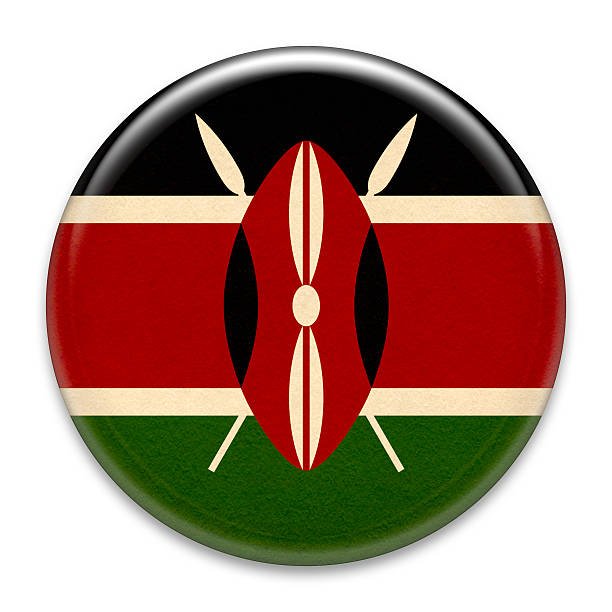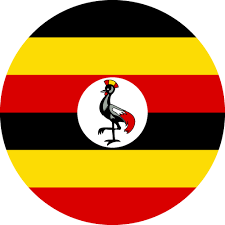Employer of record in Namibia
Employer of record in Namibia
Employer of record in Namibia
Employer of record in Namibia

Namibia is a country in Southern Africa, known for its deserts, wildlife, and natural beauty. It borders Angola, Zambia, Zimbabwe, South Africa, and the Atlantic Ocean. Windhoek is the capital. The country is famous for mining, especially diamonds, and has a stable economy and political system. It’s also home to diverse ethnic groups and has a rich cultural heritage.
Employee Benefits
PAID TIME OFF
Annual Leave: Full-time employees are entitled to a maximum of 24 consecutive days of paid vacation annually.
Sick Leave: Employees are granted a minimum of 30 days of sick leave every 36 months, assuming a five-day work week, or 36 days for a six-day work week. During the first year of employment, employees accrue one sick day for every 26 days worked.
Maternity Leave: After six months of employment, female employees are eligible for up to 12 weeks of maternity leave. Typically, this consists of four weeks before the expected delivery date and eight weeks following the birth. In case of complications or health issues, maternity leave may be extended by up to one month. Employees are required to provide a medical certificate indicating the expected delivery date and the actual return-to-work date. Employers are responsible for paying the employees’ salary, except for the basic wage, which is covered by social security.
Paternity Leave: There are no legal requirements for paternity leave in Namibia.
Family Leave: Not applicable.
Public Holidays: Namibia observes 12 public holidays, all of which are paid holidays.
Other Paid Time Off: After completing 12 months of continuous service, employees are entitled to five working days of compassionate leave with full pay. This is provided in the event of a death or serious illness in the employee’s immediate family.
STATUTORY EMPLOYEE BENEFITS
Unemployment Insurance: Namibia does not mandate unemployment insurance or benefits.
Workers’ Compensation: Employers must contribute to a fund that compensates employees for workplace accidents, disabilities, or fatalities as per the Employees Compensation Act. Contribution rates depend on the level of occupational risk, ranging from under 1% for low-risk jobs to 8% for high-risk sectors such as drilling and tunneling. Employees earning more than NAD 81,300 annually are generally excluded from coverage.
Social Security: Namibia’s social security system is limited. All employees must participate in the Maternity, Sick, and Death Benefit Funds. Both employers and employees contribute 0.9% of the employee’s base income, with a monthly cap of NAD 81. The combined monthly contribution for both parties totals NAD 162.
Retirement Benefits: The Government Institutions Pension Fund (GIPF), established in 1989, serves as the primary pension fund for Namibians. The average retirement age is 60. Upon retirement, employees receive a tax-free lump sum amounting to one-third of their total pension. Additionally, if the employee earns more than NAD 24,000 annually, they receive a taxable monthly pension for the rest of their life. Early retirement is possible from age 55, but the pension amount is reduced based on the number of years the employee retires before the age of 60.
Health Insurance: Private medical aid is optional for employees, and it can either be self-subscribed or provided by the employer.
PRIVATE EMPLOYEE BENEFITS
Workers’ Compensation: If the employer opts for private workers’ compensation insurance, the coverage will be based on market principles.
Retirement Plans: Employees have access to private retirement schemes.
Health Insurance: Private medical aid is available in Namibia.
Insurance: Private life insurance policies are available for employees in Namibia.
PERSONAL INCOME TAX
Tax Year: The tax year in Namibia runs from March 1 to February 28.
Income Tax Rates
| Taxable Income | Tax Rate |
|---|---|
| 0 – 50,000 | 0% |
| 50,000 – 100,000 | 18% |
| 100,000 – 300,000 | 25% |
| 300,000 – 500,000 | 28% |
| 500,000 – 800,000 | 30% |
| 800,000 – 1,500,000 | 32% |
| 1,500,000 and above | 37% |
Taxation Method: Income earned within Namibia is subject to taxation, with some exemptions available for non-residents under Double Taxation Agreements (DTAs), provided the terms of the agreement are met.
Double Taxation: Namibia has several agreements to avoid double taxation.
Residency Requirements: To qualify for tax residency in Namibia, an individual must have legally resided in Namibia as the spouse of a Namibian citizen for at least two years. Supporting documents such as marriage certificates and birth certificates are required.
Payroll Schedules: Employers can choose to pay employees weekly, bi-weekly, fortnightly, or monthly.
Tax Credits & Rebates: Tax credits are available for foreign taxes paid on income such as dividends or royalties, up to the amount of tax payable in Namibia. To claim, employees must provide proof of taxes paid in foreign jurisdictions.
PAYROLL ELEMENTS
Income: Income includes salary, bonuses, overtime, taxable benefits, allowances, and other remuneration. It can also encompass profits or losses from business ventures or from being a trust beneficiary.
Bonuses: Domestic workers are entitled to a minimum wage of NAD 9.03 per hour, as per Namibian labor law. Guaranteed and performance-based bonuses are common but not mandatory. Employers are required to compensate for overtime as per the employment contract.
Allowances: Gross income includes all forms of remuneration, such as salaries, benefits, and allowances provided by the employer. Specific deductions may apply to business-related expenses like travel or vehicle costs, but proof of expenditure is required.
Benefits in Kind: Benefits in kind, such as employer-paid medical aid, pension contributions, or insurance premiums, are typically taxable, but employee contributions to these schemes may be deductible up to NAD 40,000 annually.
Investment Income: Non-resident shareholders are subject to withholding tax (WHT) on dividends from Namibian companies, with rates varying based on ownership and applicable DTAs. Interest income is also subject to WHT.
SOCIAL SECURITY AND EMPLOYER CONTRIBUTIONS
Payroll Taxes: Social security contributions are split equally between employers and employees, with a 0.9% contribution on wages. Contributions range from a minimum of NAD 2.70 to a maximum of NAD 81 monthly for both parties. Payments must be made by the 20th of the following month.
Tax Registration: Employees earning more than NAD 40,000 annually must register for income tax. This process is completed through the Inland Revenue Department, and taxpayers are issued an Income Tax Number.
ADMINISTRATION AND REPORTING
Employers must submit monthly pay-as-you-earn (PAYE) returns within 15 days after the month’s end. Namibia uses a source-based tax system, so income earned within the country is taxable.
































